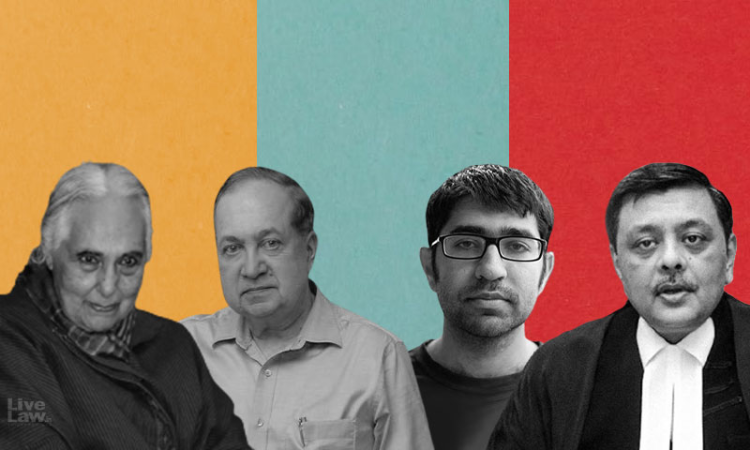Book Review: 'On Citizenship' By Romila Thapar, N Ram, Gautam Bhatia and Gautam Patel
Hamza Lakdawala
28 Feb 2021 5:58 PM IST

Next Story
28 Feb 2021 5:58 PM IST
The passing of the Citizenship (Amendment) Act, 2019 sparked widespread protests across the country. Overnight, citizenship became one of the most discussed issues in India. Online portals dumped op-eds and TV news debates pitted party spokespersons against each other – CAA was what everybody was talking about. And while citizenship was being discussed, not many knew enough about it....
